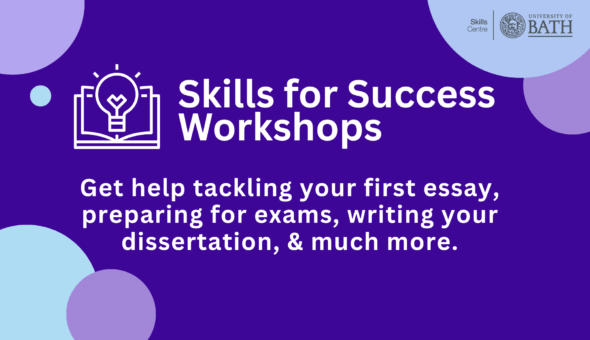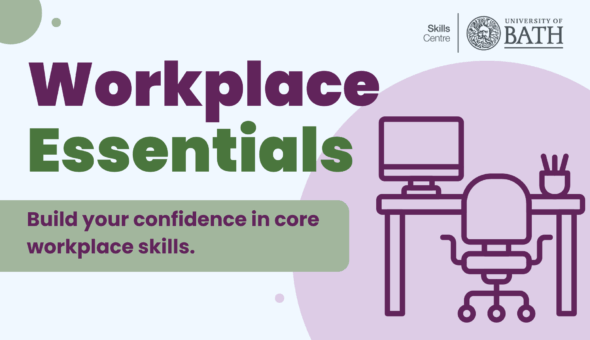As a university student, you use critical thinking every day - whether evaluating sources for an assignment, analysing data for a project, or engaging in academic discussions. But have you ever applied the same scrutiny to the digital tools you use?
From calendars and note-taking tools to AI-powered study aids, technology plays a major role in both academic and personal life. With so many options available, it’s tempting to assume that any tool promising to boost productivity or streamline tasks is worth using. However, not all tools are created equal, and the wrong choice could lead to poor academic performance or ethical concerns like data privacy risks, or unintentional plagiarism.
Thinking critically about digital tools is just as important as assessing journal articles or research sources. Are they credible? Do they align with academic integrity standards? Do they genuinely support your learning, or are they just flashy distractions?
Developing a Critical Framework for Digital Tools
With so many tools available, how do you choose the right one? One you might want to consider is developing a personalised critical framework - a set of criteria based on your academic needs, study habits, and ethical considerations. Applying the same analytical mindset you use in your studies can help you make informed decisions and avoid common pitfalls.
Step 1: Define Your Priorities
Before selecting a tool, you should consider:
- What academic challenges am I trying to solve? (e.g., time management, organising notes, avoiding distractions)
- Do my current tools meet my needs, or am I looking for better features?
- Do I need something simple and user-friendly, or something with more advanced functionality?
Step 2: Identify Key Areas to Assess
To build a strong framework you need to start by considering the key aspects of evaluation
- Purpose & Need – Does this tool address a specific academic challenge?
- Credibility – Is it well-reviewed and reputable?
- Privacy & Ethics – What happens to my data?
- Functionality – Is it accessible, easy to use, and compatible with my devices?
- Academic Integrity – Am I allowed to use it for my coursework?
Step 3: Develop Your Own Questions
Using the categories above, create a set of critical questions to assess any tool before using it. Here are some to get you started:
- Does this tool address your specific needs?
- Is it designed for students, or is it better suited for professionals?
- Can I trust its outputs, or do I need to verify them?
- What happens to my data, and do I have control over it?
- Does my university permit its use?
By applying your framework, you can confidently choose digital tools that genuinely enhance your learning while safeguarding your privacy, academic integrity, and productivity.
Respond



